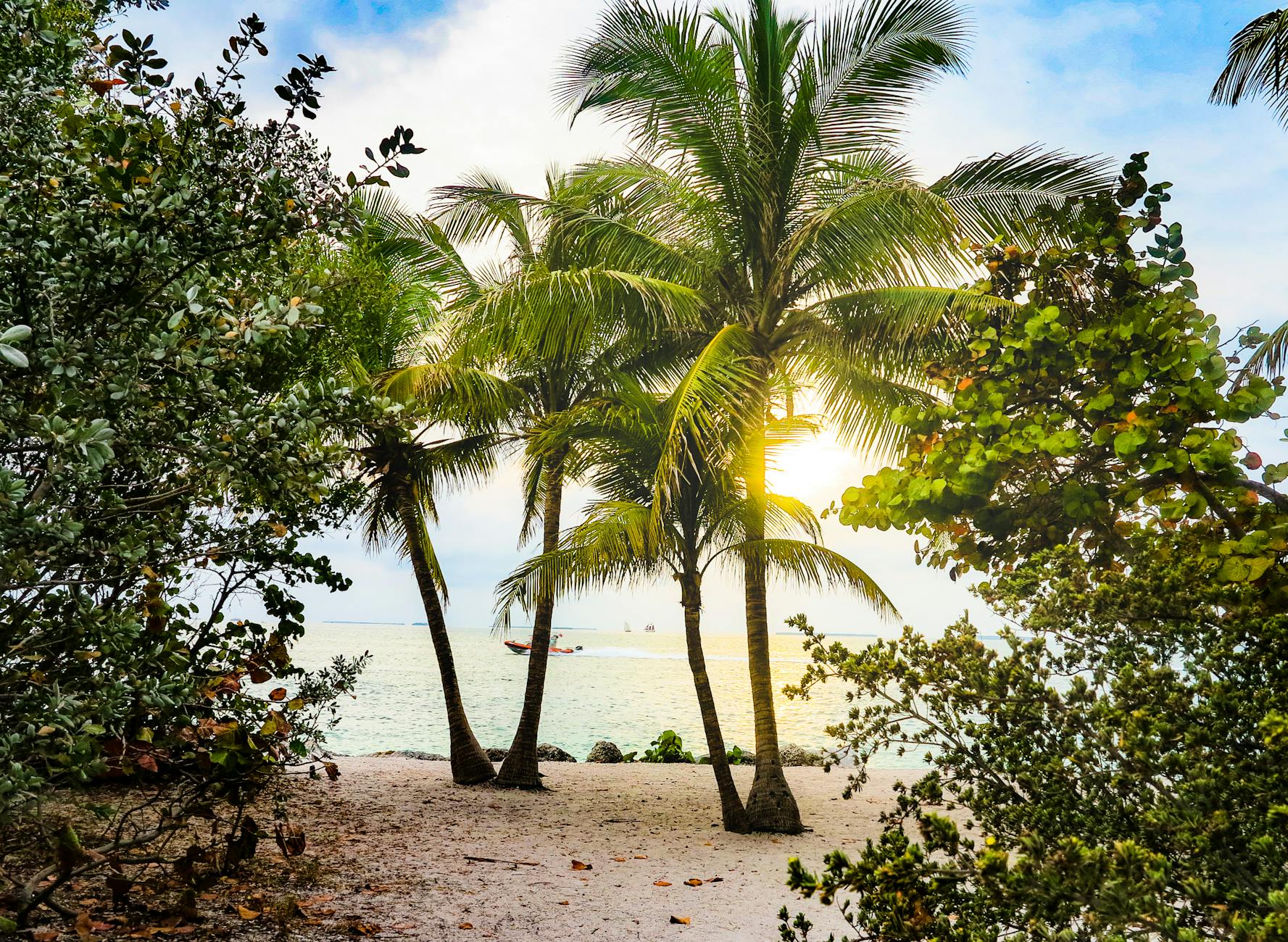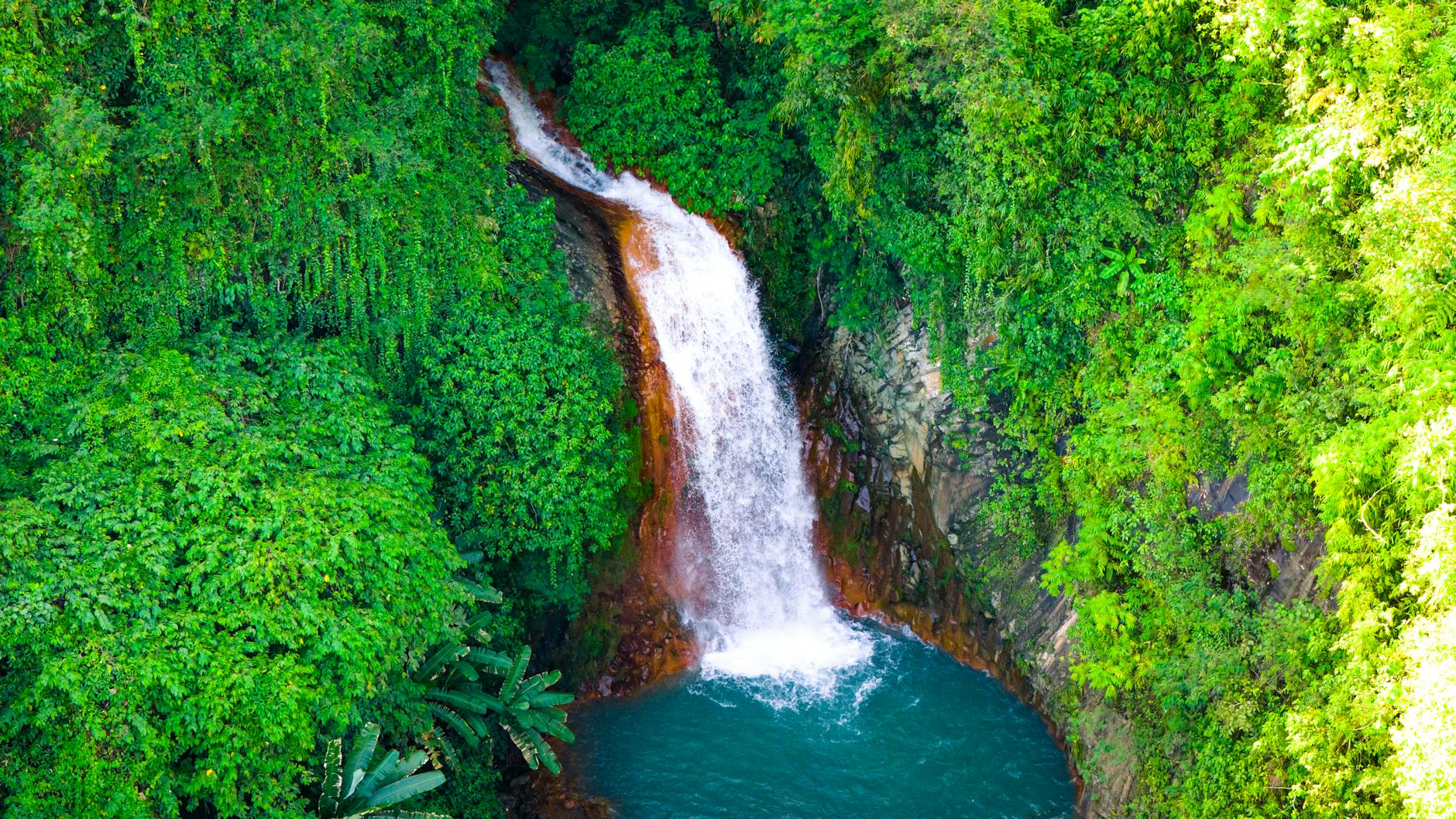Why Australia is a Hub for Global Wildlife Conservation Enthusiasts

Unique Australian Wildlife
When one embarks on a journey through the Botswana safari or the mesmerising expanses of a Tanzania safari, the grandeur of Australia's biodiversity often comes to mind, right from our own backyard. While sipping my morning herbal tea overlooking the lush landscapes of Royal Botanic Gardens Victoria, I'm reminded of the astonishingly unique wildlife thriving under our stewardship. It's this blend of personal experience and environmental advocacy that fuels my passion.
Distinctive Species Highlights
Australia is home to a plethora of distinctive species that captivate environmentalists worldwide. The iconic kangaroo and the elusive platypus are just the beginning. Imagine marvelling at a koala snoozing in the eucalyptus trees or spotting an echidna foraging in the underbrush. These species are not just emblematic but exemplify the uniqueness of our ecosystem.
Evolutionary Adaptations
Our wildlife has evolved remarkable adaptations, allowing species to thrive in varied habitats. Australia's harsh climate conditions have shaped these adaptations. For instance, the water-efficient physiology of the kangaroo and the nocturnal habits of wombats showcase survival ingenuity that aligns with Chloe’s commitment to understanding ecological truths.
Australian Wildlife Reserves
In fostering these ecosystems, wildlife reserves play a crucial role. Spaces like Melbourne Zoo's conservation zones offer vital protection, ensuring species preservation and breeding programs. By visiting such reserves, we collectively contribute to conservation efforts and carry the vision of sustainability akin to the South Africa tours, known for balancing tourism with nature preservation.
Conservation in Action
National Parks and Sanctuaries
Walking through the Royal Botanic Gardens Victoria reminds me of how dedicated efforts can enhance our appreciation of nature. Australia's national parks and sanctuaries play a crucial role in conserving our unique biodiversity. From the sprawling landscapes of Kakadu National Park to the lush rainforests of Daintree, these protected areas offer a refuge for countless species. They also provide opportunities for ecotourism enthusiasts to engage with nature responsibly.
In a trip to the Melbourne Zoo, I witnessed firsthand how conservation programs successfully breed endangered species for reintroduction into the wild. These initiatives serve as a blueprint for global conservation, promoting biodiversity while providing educational experiences for the public. As someone passionate about preserving our natural habitats, it's inspiring to see how similar programs, like Botswana tours, are driving sustainable conservation efforts in other regions.
Environmental Protection Initiatives
Australia has implemented numerous environmental protection initiatives aimed at safeguarding our ecosystems. For example, efforts in renewable energy and strict emissions regulations combat pollution and promote more sustainable living. The emphasis on greener practices is mirrored in global initiatives, such as Africa tours, which prioritize low-impact travel to protect fragile ecosystems.
Citizen Science Projects
Citizen science projects increasingly involve the community in conservation efforts, allowing individuals to contribute to research and data collection. These projects not only empower citizens but also lead to significant advancements in wildlife conservation. Observing projects that track species migration or monitor habitat health provides hope that collective action can make a tangible difference.
Ecotourism Opportunities
Sustainable Travel Practices
Imagine strolling through the Royal Botanic Gardens Victoria, absorbing the harmonious blend of urban and natural life. This peaceful coexistence echoes the core of sustainable travel practices. I've seen firsthand how conscientious ecotourism can protect ecosystems while offering enriching experiences. While embarking on South America tours, many are unaware of the potential to support local communities and preserve biodiversity. It's about choosing eco-friendly accommodations, supporting local artisans, and respecting cultural practices.
Popular Conservation Destinations
For those inspired by the Melbourne Zoo's conservation programs, destinations rich in biodiversity promise both thrill and education. We can look towards Antarctica for its untouched beauty, where Antarctica cruises offer a different perspective. These trips can educate travelers about the fragile polar ecosystems and the urgency of their conservation. Prioritising lodgings and operators that adhere to sustainable practices is essential to ensuring minimal environmental impact.
Community Involvement
Community involvement in ecotourism creates a symbiotic relationship beneficial to both locals and visitors. It reminds me of the Wildlife Conservation events at Federation Square, which emphasize the importance of local participation in preserving their environments. By engaging with indigenous communities and learning from their sustainable practices, travelers can foster a respectful and educational dialogue that benefits conservation efforts and tourism.
Challenges and Solutions
Habitat Loss and Restoration
As someone who spends her days navigating through the Royal Botanic Gardens Victoria, I’ve seen firsthand how human activity impacts our habitats. One major challenge is habitat loss, driven by land development and deforestation. This has been an issue not only in Australia but also in regions like Zimbabwe, where Zimbabwe tours can indirectly highlight such impacts. Restoration projects are crucial and often involve replanting native vegetation, rehabilitating degraded lands, and sometimes even removing invasive species that threaten local ecosystems.
Climate Change Effects
Climate change is another formidable challenge. As temperatures rise, the survival of many species is compromised. I've observed in local conservation programs at Melbourne Zoo how changing climates can shift habitats, affecting food availability and breeding cycles. These changes not only impact native species but also migratory patterns, like those seen during Galapagos tours. Adapting conservation strategies to be climate-resilient is an urgency we cannot ignore.
Balancing Tourism and Preservation
Balancing ecotourism and conservation remains a complex yet essential goal. Sustainable practices in tourism need to be emphasized, where tour operators and tourists alike must consider their ecological footprint. It’s about ensuring places remain pristine for future generations and wildlife alike. Engaging local communities and involving them in conservation literacy can significantly aid in harmonizing tourism activities with preservation. The goal is to enhance public appreciation for biodiversity without compromising the integrity of these ecosystems.
Proven Conservation Strategies
Successful Approaches to Wildlife Protection
Within my years of involvement in wildlife conservation, I've learned that effective strategies often hinge on community engagement and scientifically grounded practices. Take, for instance, my visits to the Royal Botanic Gardens Victoria, where integrated ecosystems are maintained with meticulous care. Sustainable methods like habitat restoration and responsible rewilding are key components that safeguard Australia’s unique biodiversity. Here, we can truly appreciate how these efforts bring our treasured unique australian wildlife back from the brink of extinction.
Teaming Up for Biodiversity
Collaborative efforts are pivotal in driving conservation success. From partnerships with the Melbourne Zoo’s conservation programs to global alliances, teamwork has proven vital to preserving our ecosystems. The Melbourne Zoo is not only involved in breeding endangered species but also focuses on supporting habitats through innovative approaches. These collaborations are testament to how unified action can produce tangible benefits, such as the increase of local populations of native bats—a species I had the privilege of observing up close during a citizen science project.
Broadening Knowledge and Cultivating Enthusiasm
Fueling public awareness and involvement is essential for long-term environmental stewardship. I’ll never forget the invigorating experience of participating in a wildlife conservation event at Federation Square, where people from all walks of life gathered to learn, engage, and influence change. Such events are critical to spreading knowledge and inspiring a passion for conservation among individuals, particularly young advocates. By attending these impactful gatherings, more Australians are learning about the intricate tales of our land and becoming active stewards of our natural heritage.


